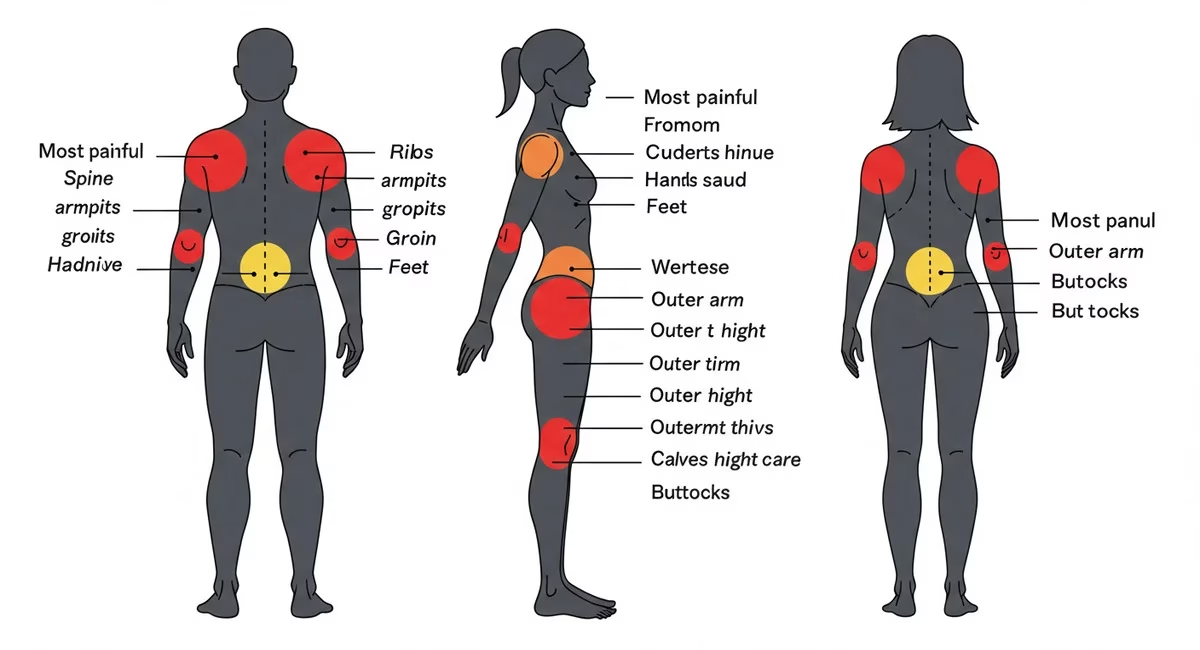Vitamins are an essential part of a healthy diet, providing our bodies with the nutrients they need to function properly. These nutrients are involves in numerous bodily processes, including metabolism, immune function, and tissue repair. While vitamins in a variety of foods, understanding their sources and functions is important for maintaining good health and preventing deficiencies.
This table provides a comprehensive overview of the 13 essential vitamins, their functions, and sources. These vitamins can be classified into two categories: water-soluble and fat-soluble. Water-soluble vitamins, such as vitamin C and the B vitamins, dissolve in water and are easily absorbed by the body, but are not stor for very long. In contrast, fat-soluble vitamins, such as vitamin A, D, E, and K, are stored in fatty tissues and the liver for longer periods of time.
The 13 Essentiol Vitamins
| Vitamin | Function | Sources |
|---|---|---|
| A | Helps with vision, skin health, and immune function | Sweet potato, carrot, spinach, kale, liver, dairy, eggs |
| B1 | Helps with energy production and nerve function | Whole grains, beans, nuts, pork, fish |
| B2 | Helps with energy production and skin health | Dairy, eggs, lean meat, mushrooms, spinach |
| B3 | Helps with energy production and digestive health | Chicken, turkey, fish, peanuts, mushrooms |
| B5 | Helps with energy production and hormone production | Avocado, mushrooms, sweet potato, eggs, chicken |
| B6 | Helps with brain function and red blood cell production | Chickpeas, tuna, salmon, chicken, potatoes |
| B7 | Helps with skin, hair, and nail health | Eggs, nuts, sweet potato, spinach, broccoli |
| B9 | Helps with DNA synthesis and red blood cell production | Leafy greens, beans, asparagus, citrus fruits |
| B12 | Helps with nerve function and red blood cell production | Meat, fish, dairy, eggs |
| C | Helps with immune function and collagen production | Citrus fruits, strawberries, kiwi, bell peppers, broccoli |
| D | Helps with bone health and immune function | Sunlight, fatty fish, egg yolks, mushrooms |
| E | Helps with skin health and immune function | Nuts, seeds, vegetable oils, spinach, broccoli |
| K | Helps with blood clotting and bone health | Leafy greens, liver, eggs, cheese, natto (fermented soybeans) |
The functions of each vitamin are diverse and vital for our overall health. Vitamin A, for example, plays an important role in vision, skin health, and immune function, while vitamin C is important for immune function and collagen production. Vitamin D, known as the “sunshine vitamin,” is essential for bone health, while vitamin E is a powerful antioxidant that protects our cells from damage.
The Importants of Balanced Diat
In addition to their individual functions, vitamins also work together in complex ways to support our health. For example, vitamin C enhances the absorption of iron, while vitamin D is necessary for the absorption of calcium. Eating a balanced diet that includes a variety of whole foods is the best way to ensure that we get all of the essential vitamins we need, as well as other important nutrients.
Vitamin Supplement
It’s important to note that while vitamin supplements can be helpful in certain situations, such as during pregnancy or for those with certain medical conditions, they should not be use as a replacement for a healthy diet. In fact, taking too much of certain vitamins can be harmful to our health. Eating a balanced diet that includes a variety of whole foods is the best way to ensure that we get all of the essential vitamins and nutrients our bodies need.
By using this table as a guide, you can make informed choices about the foods you eat and ensure that you are getting all of the essential vitamins your body needs to function at its best. Whether you are looking to improve your overall health, prevent vitamin deficiencies, or simply learn more about the role of vitamins in our bodies, this table is an excellent resource for anyone interest in nutrition and health.






